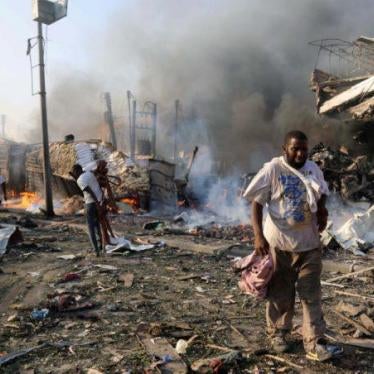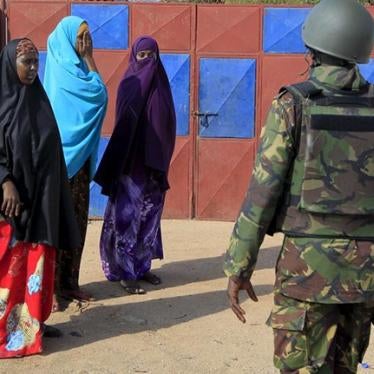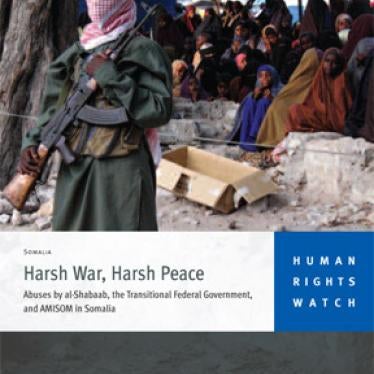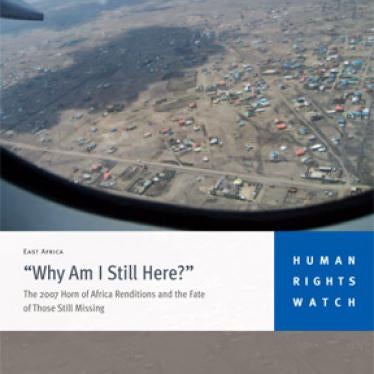They came in the night, truckloads of armed gunmen, spraying gunfire and burning buildings in the tiny Kenya coastal town of Mpeketoni. At two hotels where guests were watching the World Cup, attackers wearing black bandanas questioned residents about whether they were Muslim, and separated the women and children before killing the men, according to reports.
The Somalia-based militant Islamist group Al-Shabaab belatedly claimed responsibility for the June 15 attack that killed at least 48, as well as the follow-up attack on nearby villages that claimed at least 10 lives. The Mpeketoni attack bore some similarities to the September 2013 Westgate attack, in which members or local affiliates of Al-Shabaab besieged one of the most affluent shopping malls in Nairobi and killed at least 68 people. But on June 17, President Kenyatta denied Al-Shabaab's claim and said "local political networks" were responsible, further muddying the waters.
The attacks do raise many questions. First and foremost, will the Kenyan government conduct a proper investigation to identify the perpetrators and bring them to justice? Or will the security forces simply identify a scapegoat?
Kenyan security forces have an extremely poor record of identifying the perpetrators and following up with serious, lawful, and credible investigations and prosecutions in any of the myriad armed attacks Kenya has experienced over the past decade. For instance, in response to grenade attacks earlier this year, the Kenyan security forces launched massive operations in Nairobi’s Eastleigh neighborhood targeting both Kenyan and refugee communities of Somali ethnicity and committed widespread abuses, including beatings, arbitrary detentions and summary deportations to Somalia.
There’s no question Kenya faces major security risks from a wide range of sources, including Al-Shabaab. But scapegoating ethnic Somalis, or focusing on Al-Shabaab alone obscures the complex dynamics playing out on Kenya’s coast – and in other regions – where multiple armed gangs, militias, and gunmen have been active in recent years. This violence, which has claimed hundreds of lives, is often linked to political maneuvering or is deeply rooted in contentious historical, domestic issues like access to land and political power, which often intersect with ethnicity. These local grievances and concerns may be fuelling the appeal of Al-Shabaab – or homegrown Kenyan affiliates – to youth across a wide political, ethnic and religious spectrum.
Knowing who committed the Mpeketoni atrocities is obviously crucial, not least so that authorities can hold the right people to account for the crimes. But this requires a thorough, impartial, investigation and a commitment to protecting human rights and holding the right people to account. Above all, Kenyan authorities need to avoid the overreaching, brutal tactics that have all too often resulted in penalizing the wrong people and victimized entire communities.








